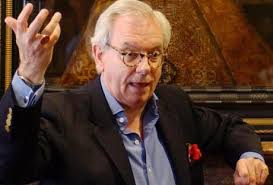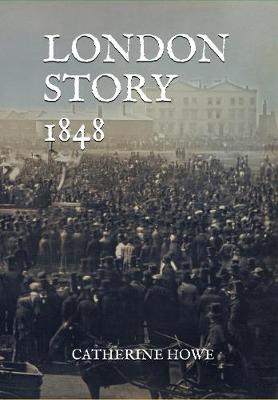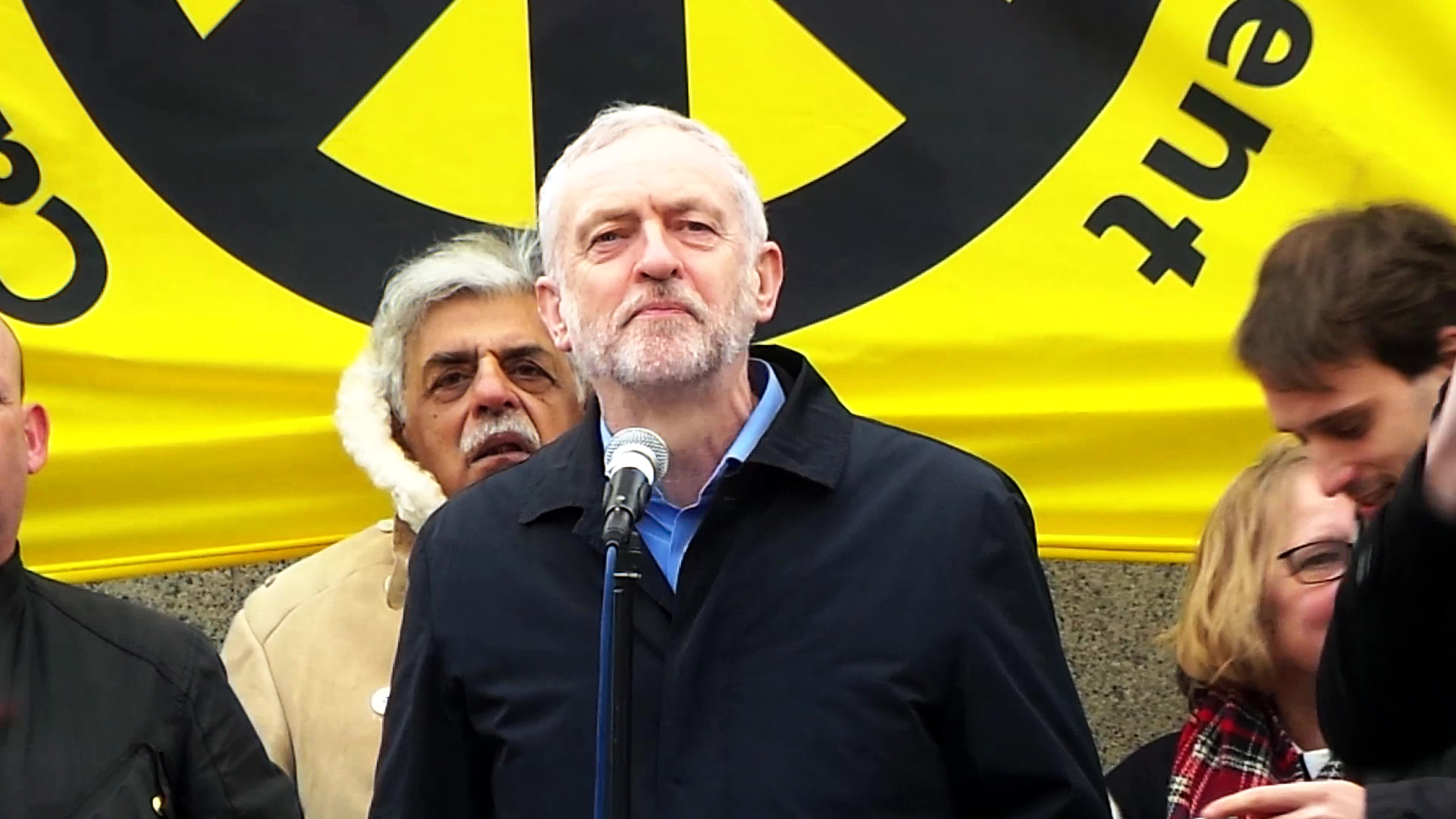From London Socialist Historians Group Newsletter 71 (Autumn 2020).
Remembering an
Anti-Racist Victory in Britain - The Stop The Seventy Tour campaign and Black
Lives Matter today
Thousands of anti-apartheid supporters set out from Cardiff Civic Centre to march to Cardiff Arms Park in protest at the Springboks v Cardiff rugby match, 13 December 1969 (pic from AAM Archives)
The year 2020 marks the fiftieth anniversary
of a remarkable anti-racist victory in Britain.
In May 1970, after a string of mass protests and non-violent civil
disobedience organised by the Stop The Seventy Tour (STST) campaign and the
Anti-Apartheid Movement (AAM) against the visiting Springbok rugby side from
apartheid South African in the autumn of 1969 and the spring 1970, the all-white
South African cricket tour of England was cancelled. After 1970, the South African cricket team wouldn’t
play England for another twenty-two years until apartheid itself had fallen.
The anniversary of
this anti-racist victory has however inevitably been little noted due to the
Covid-19 crisis. A few books have been
published from various perspectives relating to the stopping of the 1970
cricket tour this year so far, including Rugby behind Barbed Wire by
Chris Schoeman, Barbed
Wire and Cucumber Sandwiches by Colin Shindler, Apartheid: A Point to Cover by Arunabha Sengupta, Tour de Farce by Mark Rowe, and a
little work by Geoff Brown and myself, Apartheid
is Not a Game. Yet it is a sign of the
times that the book which is likely to be the most valuable and important of
all of these - by Peter Hain – one of the founders of the STST – and the
historian Andre Odendaal, Pitch Battles: Protest, Prejudice and Play has
had its publication delayed due to Covid-19, though it is currently due out in December 2020.
For Colin Shindler,
the obvious parallel between what he calls ‘the controversial South African
tour of 1970’ and today relates to ‘Brexit’, and he makes much of the
generational and cultural differences between two visions of ‘Britishness’ as
they went into battle, with the conservative reactionary cricket establishment
on one side against a younger more progressive and internationalist-minded generation. The parallel gives us some sense of how
uncompromising both the cricket establishment and the anti-apartheid protesters
were back in 1970, which does have some parallels with the how polarised
matters became between the hardcore of ‘Brexiteers’ and ‘Remainers’
recently. Yet the attempt to make a
parallel between ‘Brexit’ and the 1970 tour ultimately fails to explain
anything, for the critical issue dividing matters in 1970 related to whether or
not it was right to take a stand against racism. In 2016, both the official ‘Leave’ and
‘Remain’ campaigns played the race card, while principled anti-racists could be
found on both sides of the Brexit divide.
If one is looking
for some far more meaningful and relevant parallels between the STST and AAM
protest movement in 1970 and events today in Britain, then they surely lie with
the magnificent contemporary ‘Black Lives Matter’ (BLM) movement. The murder of George Floyd in Minneapolis in
May 2020 has re-ignited the Black Lives Matter movement and transformed it into
a mass anti-racist movement on a global scale that is much bigger even than
that which followed the assassination of Martin Luther King in 1968. And just as the STST and AAM won a rare victory for anti-racism by stopping
the 1970 tour, so the BLM movement in Britain has won victories which would
have seemed impossible at the start of 2020, with the statues of slave traders
like Edward Colston being toppled and with Rhodes in the process of falling at
Oxford.
The STST was perhaps
the first mass movement on a national scale against racism in post-war Britain. As Peter Hain later wrote of the STST, ‘the
most important factor in its development and amazing depth of support and
commitment was that it gave expression to a deep and almost enraged opposition
to racialism amongst many people in Britain’.
Its success helped inspire further anti-racist and anti-fascist activism
in Britain, such as the short-lived Action Committee Against Racialism in 1970
and the Anti-Nazi League in 1977.
Indeed, as Hain, who would go onto play a key role in the ANL himself, put
it in 1971, at a time when ‘Powellite racialism is rampant in Britain’, ‘the
stopping of the Seventy tour should be viewed, not as an end in itself, but as
a beginning of a new and dynamic drive against racialism as a whole’.
Like BLM today, the campaign against the
Springboks rugby team in 1969-70 developed into a truly mass movement. As Christabel Gurney, a leading AAM activist
has recalled,
'The demonstrations against the rugby Springboks were remarkable in a
number of ways. They involved a wide range of organisations taking a lead in
different places, under the dual umbrella of the AAM and STST. They combined
mass protest with direct action. They maintained their momentum for over three
months – from 30 October [1969] to 2 February [1970]– and covered 22 venues all
over Britain, from Exeter in south-west England to Aberdeen in north-east
Scotland, and in Ireland. The AAM sent posters and altogether 200,000 leaflets
to local anti-apartheid groups and sympathetic organisations in every town
where a match was scheduled… Altogether it has been estimated that more than
50,000 people took part in protests against the tour.'
Up to 100,000 were expected to protest outside
Lord’s for the first match if the 1970 cricket tour had gone ahead, with also
talk by the West Indian Campaign Against Apartheid in Cricket of organising a
one-day strike on London transport by black West Indian workers.
The STST and AAM
protests were about international solidarity, essentially saying ‘black lives
matter’ in relation to the barbaric murderous white supremacist regime in
apartheid South Africa. Yet the campaign
also implicitly raised wider questions relating to institutional racist
discrimination – ‘the colour bar’ – in Britain, and systemic racism more
generally. The movement was
multiracial, drawing support from black British campaigners, both veterans of
the ‘British civil rights movement’ like the great West Indian cricketer Sir Learie
Constantine, but also a younger generation whose growing militancy in the late
1960s around ideas of ‘Black Power’ fed into the movement.
The STST movement
was led by young radical students, and deployed militant tactics of civil
disobedience. They didn’t bring down
racist statues and throw them in the river, but they did do pitch invasions,
which were something new – at least for major sporting fixtures. They found this created mass media attention
– dominating not only the back pages of newspapers where sport usually resides,
but also taking a spot on the front pages - ever since the first time these
tactics were used in January 1968 by students protesting against the Shimlas, a
white south African university touring rugby team. Such militant tactics of non-violent direct
action and symbolic stunts created a national debate around questions of race
and racism.
The STST and AAM
protests were inherently intimately tied up with questions of murderous police
brutality, given the nature of the apartheid regime. Protesters effectively utilised images of the
South African police terrorising peaceful protesters for propaganda, with the
famous AAM poster ‘If you could see their national sport, you might be less
keen to see their cricket’ encouraging people to boycott the South African
tours. Issues of police violence and
brutality emerged in Britain as the protests developed in intensity and
scale. The police, after initially
finding pitch invasions quite harmless and amusing when used against visiting
university rugby teams, took a different line once they were effectively being
used to disrupt international sporting occasions such as the visiting Springbok
rugby team. The STST and AAM protests
witnessed a new level of violent policing deployed against them, with many peaceful
protesters arrested, beaten up, badly injured and nearly killed while
protesting at matches – with police brutality at Leicester, Swansea and Manchester
particularly vicious – forcing Home Secretary James Callaghan to call a special
conference of chief constables to try and calm things down.
Just as todays BLM protests
‘take the knee’ - a symbolic act most associated with the black sports star Colin
Kaepernick - so an individual black sports figure, Basil D’Oliveira found
himself in the eye of the storm back in 1969-70. D’Oliveira
was a South African-born cricketer whose skin colour meant he couldn’t play
cricket for the national South African team, so he instead chose to move to
play for England. The famous controversy
arose when the apartheid government refused to accept an English touring side in
South Africa with D’Oliveira in it.
Though not as courageous in a sense as Kaepernick – D’Oliveira didn’t explicitly
stand up to racism, he just wanted to play cricket – he still became a symbolic
figure who by just wanting to ‘play the game’ vividly highlighted the racist
nature of apartheid South Africa to millions of English sports fans.
Like the BLM
movement today, STST protesters faced often violent racist intimidation and a
more generalised backlash from the far right – but then as now with the BLM,
the general momentum and swell of public opinion increasingly sided with the
protesters rather than the fascists. Ironically
one thing the anti-apartheid protesters did do inside the stadiums in 1969-70
was ‘mock Nazi salutes’ at the visiting Springboks, to highlight the historic support
of leaders of the apartheid regime for Nazi Germany. Protesters also told the Springbok players to
‘go back to where they came from’, usually a slogan thrown by racists.
The STST and AAM
movement, by protesting apartheid, also inevitably has parallels with today’s Boycott,
Divestment and Sanctions movement in solidarity with Palestine and against settler-colonialist
Israeli occupation. Like the Palestine solidarity movement today,
for years in the 1950s and early 1960s the movement for ‘boycott, sanctions and
divestment’ in relation to apartheid South Africa was at a quite low ebb. In terms of activism in the field of sports,
as well as giving a brief history of the STST based in part on oral interviews
with those on the frontline of the protests, Geoff Brown and myself in our book
Apartheid is Not a Game try and recover the history of earlier more
liberal campaigns like the Campaign Against Racial Discrimination in Sports
(CARDS). We show how over the course of
the 1960s developments in the wider world, from the Sharpeville massacre of
1960 to the rise of black sports campaigns against racism in South Africa
itself led by figures like Dennis Brutus, against a backdrop of decolonisation
in Africa, Asia and the Caribbean, saw things begin to shift.
Such processes and
protests led to the steady isolation of apartheid south Africa from many sports
but also the steady growth in the numbers willing to protest apartheid in
Britain, as a new generation radicalised politically through becoming conscious
of the barbaric nature of the apartheid system.
Throughout the 1960s, rising student protest, rising black British
militancy and then the new revolutionary spirit of 1968 – captured by black American
athletes Tommie Smith and John Carlos taking a stand at the Mexico Olympic
games with fists held aloft – all fed into the launch of the STST campaign in
1969. Stuart Hall and his co-authors of Policing
the Crisis (1978) wrote about the ‘tactically brilliant’ STST campaign,
noting it was part of ‘the transmission of the spark of student politics to a
wider constituency and field of contestation - the “politics of the street”’
underway at the time. For Hall et al, the STST campaign ‘exhibited
all the concentrated force of a single-issue campaign, limited in scope, but
wide enough to involve young liberal people.’
In turn, that movement helped critically to strike blows against the
apartheid state which gave inspiration to those on the frontline of fighting
apartheid in South Africa itself.
Imprisoned freedom fighters and fighters in the bush both heard about
the Stop The Seventy Tour protests – protests which helped ultimately pave the
way for the rise of the multiracial South African rugby which won the Rugby World
Cup last year. Those fighting to make
sure Black Lives Matter - as well as those campaigning for justice for the
Palestinians – might also draw inspiration from the history of STST and AAM for
their struggles today.
Christian Høgsbjerg







